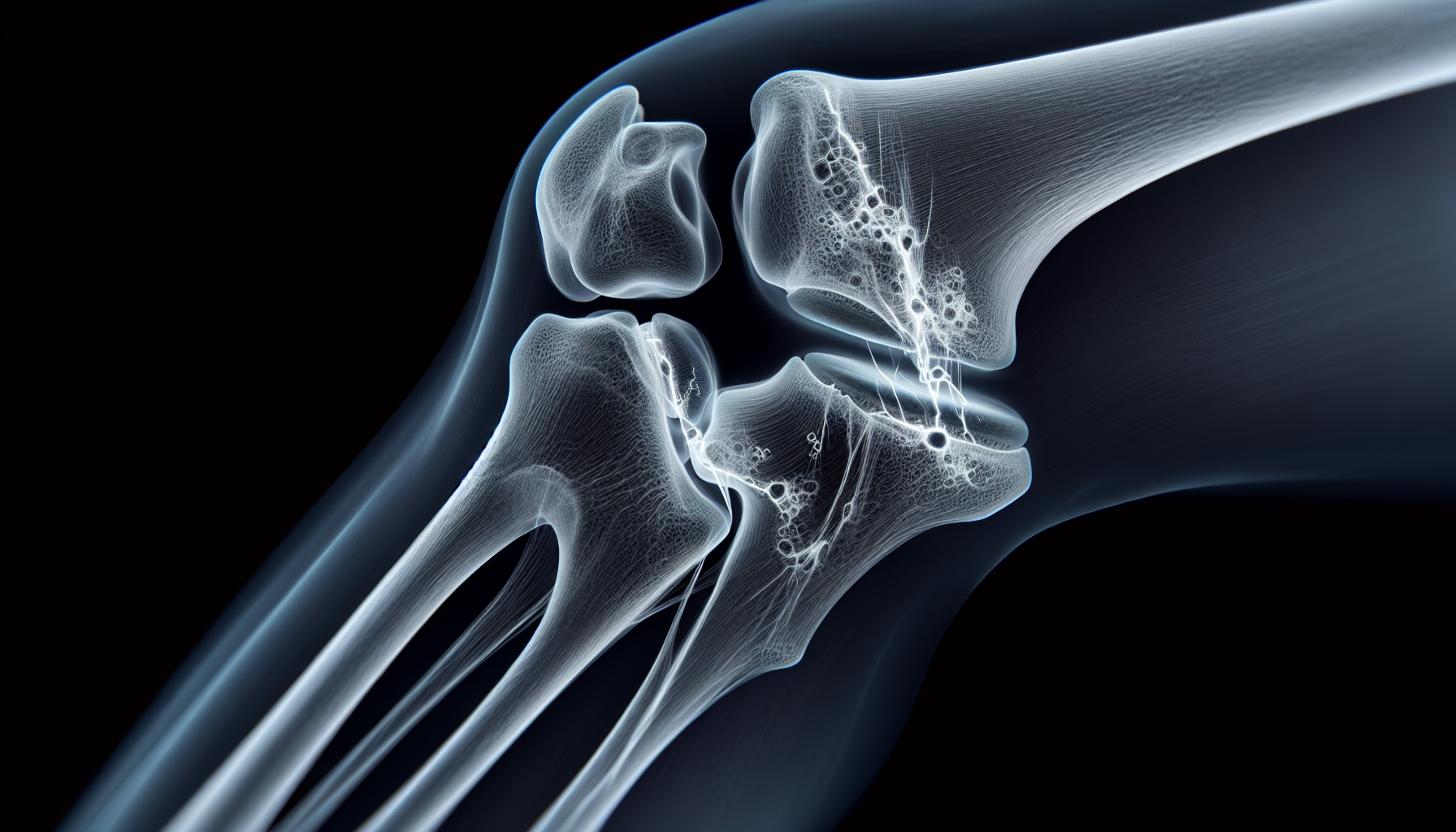Bone injuries, ranging from simple fractures to complex breaks, can significantly impact one’s quality of life. Recovery from such injuries requires a multi-faceted approach that encompasses immediate medical intervention, lifestyle modifications, and often, a mental adjustment to the challenges posed by the healing process. In this comprehensive guide, we will explore the various strategies you can employ to facilitate bone healing and ensure a return to optimal health.
Immediate Steps Post-Injury
The immediate response to a bone injury is crucial. It usually involves immobilization, which prevents further damage and allows the healing process to begin. Depending on the severity of the injury, this may require a cast, splint, or surgery to correctly align and stabilize the bone fragments.
Nutrition’s Role in Bone Healing
Nutrition plays a pivotal role in bone repair. For instance, calcium and vitamin D are essential for bone health, with vitamin D aiding in the absorption of calcium. Foods rich in these nutrients, such as dairy products, leafy greens, and fortified foods, should be incorporated into one’s diet. Beyond these, magnesium, phosphorus, and vitamins K and C are also important. For more detailed nutritional strategies, consider reading The Link Between Diet and Bone Health.
Exercise and Rehabilitation
Once the doctor deems it safe, engaging in physical therapy and weight-bearing exercises can significantly aid in recovery. These exercises not only help in restoring function but also stimulate bone growth. Consult with a physical therapist to devise a customized exercise plan that supports your injury recovery while enhancing overall bone health.
Supplements and Medications
Sometimes, your dietary intake might not be enough to meet the nutritional demands of healing bones. In such cases, supplements can fill the gap. However, it’s crucial to understand which supplements aid in bone health. Articles such as Bone Health Supplements: What Works? can provide insight into effective supplementation. Always consult with a healthcare provider before starting any new medication or supplement.
For comprehensive information on supplements that support bone health, Medication & Supplements offers additional guidance.
Avoiding Negative Lifestyle Factors
Certain lifestyle choices can impede bone healing. Smoking, for instance, has been shown to delay fracture healing and should be avoided. For more information, refer to The Effects of Smoking on Bone Health. Similarly, excessive alcohol consumption can have a detrimental effect on bone regeneration and should be limited.
Managing Pain and Discomfort
Pain management is a critical component of the recovery process. Appropriate use of pain medication, along with alternative pain relief methods such as ice, heat, and rest can make the healing journey more comfortable. Always follow your healthcare provider’s instructions regarding pain management.
Monitoring Progress with Bone Density Tests
Regular monitoring through bone density tests can provide valuable insight into your bone health status and the effectiveness of your recovery strategy. These tests can detect changes in bone density, allowing for adjustments in treatment if necessary. Learn more about these tests at Understanding Bone Density Tests.
Mental Health and Support
The psychological impact of a bone injury should not be underestimated. It’s important to seek support, whether through counseling, support groups, or friends and family. Staying positive and mentally engaged can improve the outlook for recovery.
External Resources for Further Reading
To delve deeper into the aspects of bone healing, consider consulting these niche resources:
- The Complex Process of Bone Repair – An intricate look into the biological processes involved in bone healing.
- Nutritional Guidelines for Fracture Healing – A scientific article outlining the dietary considerations for optimal bone repair.
- Exercise Rehabilitation in Bone Injury Recovery – Detailed protocols for exercise rehabilitation post-bone injury.
Conclusion
Recovering from a bone injury is a complex journey that requires a comprehensive approach. By taking immediate action post-injury, focusing on nutrition, engaging in rehabilitative exercise, avoiding negative lifestyle factors, managing pain, and monitoring progress, you can support the body’s natural healing process. Additionally, paying attention to mental health is equally important for a full recovery. Each of these strategies, bolstered by the wealth of information available through specialized resources, can help guide you back to health and mobility.
Remember, the path to recovery is unique for every individual. It’s essential to work closely with your healthcare provider, follow their recommendations, and be patient with the process. With the right approach, you can rebuild your strength and return to the activities you love.



